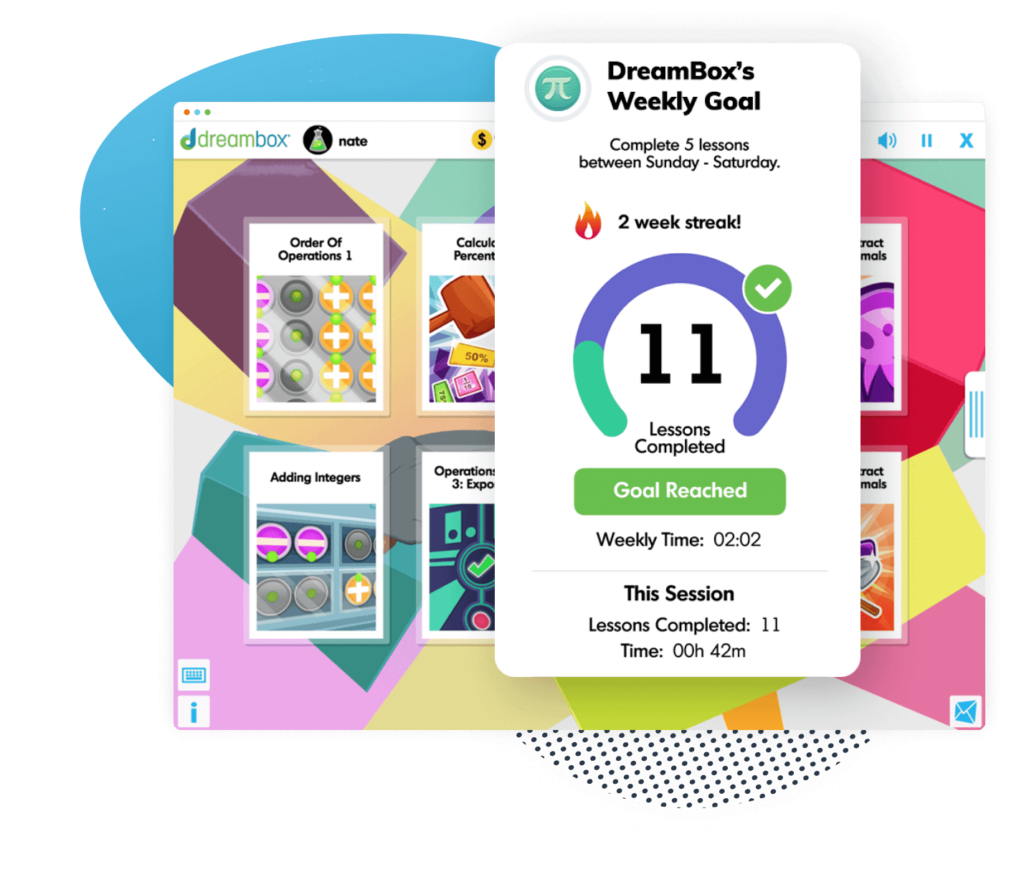What Is the Summer Slide and How to Prevent It
Everything you need to know about understanding, detecting, and preventing summer slide for you or your child this summer

Author
Tess Loucka
Published:
June 2025
Key takeaways
- • Summer slide, or summer learning loss, is the loss of a student’s academic knowledge or skills during the summer months.
- • A lack of structured learning causes summer slide.
- • You can prevent summer slide by reading, reviewing topics learned during the year, signing up for summer classes and activities, and visiting museums and libraries.
What is summer slide?
Summer slide is a student’s loss of knowledge that takes place during summer break due to a lack of structured education.
Picture going down a slide at the playground. At the top, you’re fresh out of the classroom and still remember everything you learned. Once you reach the bottom, most things you learned in class feel like distant memories. Details are hazy, and you’ve already forgotten what it’s like to sit behind a desk in a classroom!
The issue with summer slide isn’t just that students forget some facts here and there; it’s that students return to school with major gaps in their knowledge and are unprepared to start the next grade.
Fortunately, summer slide is preventable! Let’s discuss the different ways summer slide can affect students, as well as how to prevent summer learning loss.
What the Research Says About Learning Loss
According to studies done in 2017, students lose an average of one month of learning during the summer.
That’s one full month of school gone!
Researchers have also discovered that summer slide affects mathematics more than it affects reading and language.
Despite these discoveries, summer slide isn’t set in stone—reading, reviewing, and maintaining information through practice are all simple ways to stay on top of studies during the summer months.
Who is at risk?
Summer slide affects all students, but some more than others. Older students tend to lose more knowledge because higher-grade content is complex and requires regular review. Students from low-income households are also at higher risk, as they often have fewer educational opportunities during the summer compared to peers from middle- and high-income families.
This fact was proven in studies done by Barbara Heyns in 1987 and 1982, in which she compared the test scores and progress of students from different socioeconomic statuses.She found that students of wealthier parents tended to have more educational opportunities outside of the classroom than other children and were able to retain more information during the summer.
Signs Your Child May Be Experiencing Summer Slide
Reading and math regression: Struggling with previously learned reading or math skills, reading slower, or avoiding academic tasks.
Drop in attention or engagement: Difficulty focusing, less interest in learning, or restless behavior after summer break.
Table of contents
Get help with homeschool math with DreamBox!
Turn math into playtime with DreamBox Math
DREAMBOX MATH
Get started for FREE today!

How to Prevent Summer Learning Loss
Provide books and encourage regular reading.
Watch educational TV programs.
Review concepts learned during the school year.
Visit museums, libraries, or other educational venues.
Use math games, workbooks, or online programs to maintain skills.
Limit non-educational screen time and replace it with learning activities.
Enroll your child in summer classes or enrichment programs (sports, art, creative writing).
Encourage and motivate your child to keep learning throughout the summer.
Conclusion
Summer slide is a real issue for students everywhere. It does more than just cause students to forget a few important facts—it can set them up for failure when they return to the classroom in the fall.
Luckily, preventing summer slide is easy. Motivate students to keep learning during the summer by giving them books, signing them up for fun summer programs or classes, and taking them to educational events or exhibits at your local museum or library.
Staying on top of your child’s education can feel like a full-time job, but with just a few simple strategies, you can set them up for success.

The math program that drives results
Get started today!
DreamBox adapts to your child’s level and learning needs, ensuring they are appropriately challenged and get confidence-building wins.
FAQs About Summer Learning Loss
Summer slide is the loss of knowledge students experience when they are not regularly receiving structured education, like during summer break.
Summer slide is very real. Research has been done about summer slide for over one hundred years, and scientists are still learning new things about it.
You can stop summer slide from affecting your child by signing them up for summer programs or classes, taking them to museums and libraries, and—most importantly—motivating them to keep learning during the summer months.
Summer learning loss.
Take at home math practice to the next level
Empowering parents and educators to make math practice more impactful. Plus, your kids will love it.
